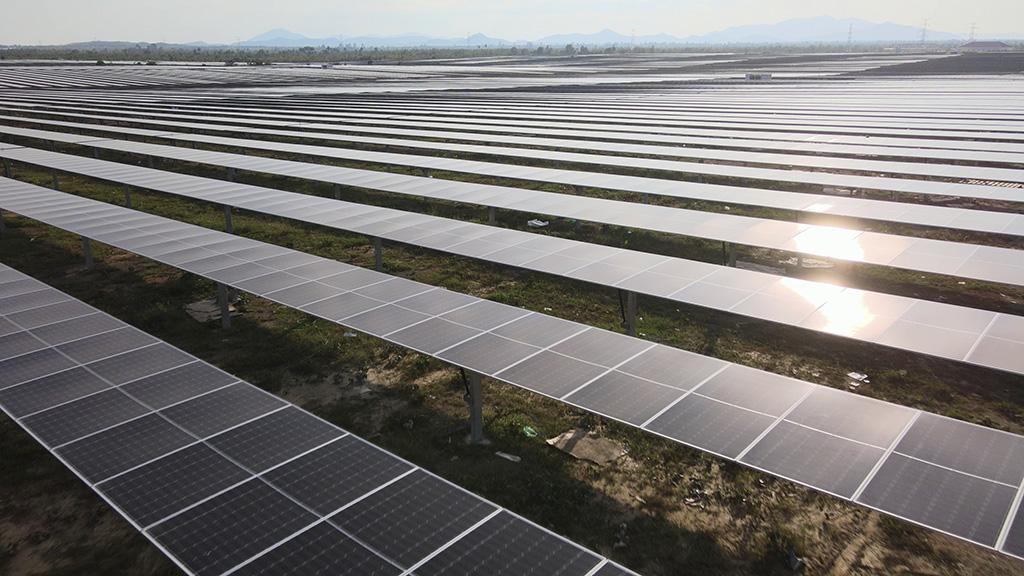
Energy Transition Sector Development Program (Subprogram 2)
Enabled and accelerated energy transition through cohesive policies, planning, and physical infrastructure investments.
Sectors
EnergyCountry
CambodiaPartners
UK Foreign, Commonwealth & Development OfficeGreen Climate Fund
Approval
Financing
Total Project Cost
$83.3 million
ADB Financing
$50 million
AIF Financing
$10 million
FCDO Cofinancing
$12 million
GCF Cofinancing
$8 million
Asia Pacific Climate Finance Fund
$2.5 million
Technical Assistance
$0.8 million
ISSUE
Risks to energy security and increased GHG emissions from imported power supplies.
Robust economic growth, urbanization, and an expanding population have been driving a continuous growth in energy demand in Cambodia, especially for electricity. In 2009-2023, electricity demand increased more than 8-fold and this trend is expected to continue. In 2023, Cambodia imported around 22% of its power needs, whereas new sources of domestic generation have included hydropower, coal, and solar. Importing primary sources of power is a risk to energy security and compromises Cambodia's ability to reduce end-user tariffs, which are among the highest in the region. The development of coal-fired power plants has resulted in the dependence on imported coal and increased emissions of greenhouse gases (GHG) and other pollutants such as particulate matter, nitrogen oxides, and sulfur oxides.
SOLUTION
Economic growth enabled through more renewables, higher efficiency, and reduced emissions.
To address these challenges, the second phase of Cambodia’s Energy Transition Sector Development Program aims to provide comprehensive support for the country’s clean energy transition by combining policy reforms with investment projects in new technologies. Cofinanced by AIF, the Asia–Pacific Climate Finance Fund, the Green Climate Fund, and the United Kingdom through ACGF, the project will strengthen the energy efficiency framework and enhance policy clarity to attract private sector investment. A key milestone under the subprogram is the introduction of the country’s first set of regulations establishing Minimum Energy Performance Standards for electrical appliances. It will also establish an Energy Efficiency Revolving Fund aimed at facilitating access to finance for local small and medium-sized enterprises (SMEs) to invest in energy-efficient technologies.